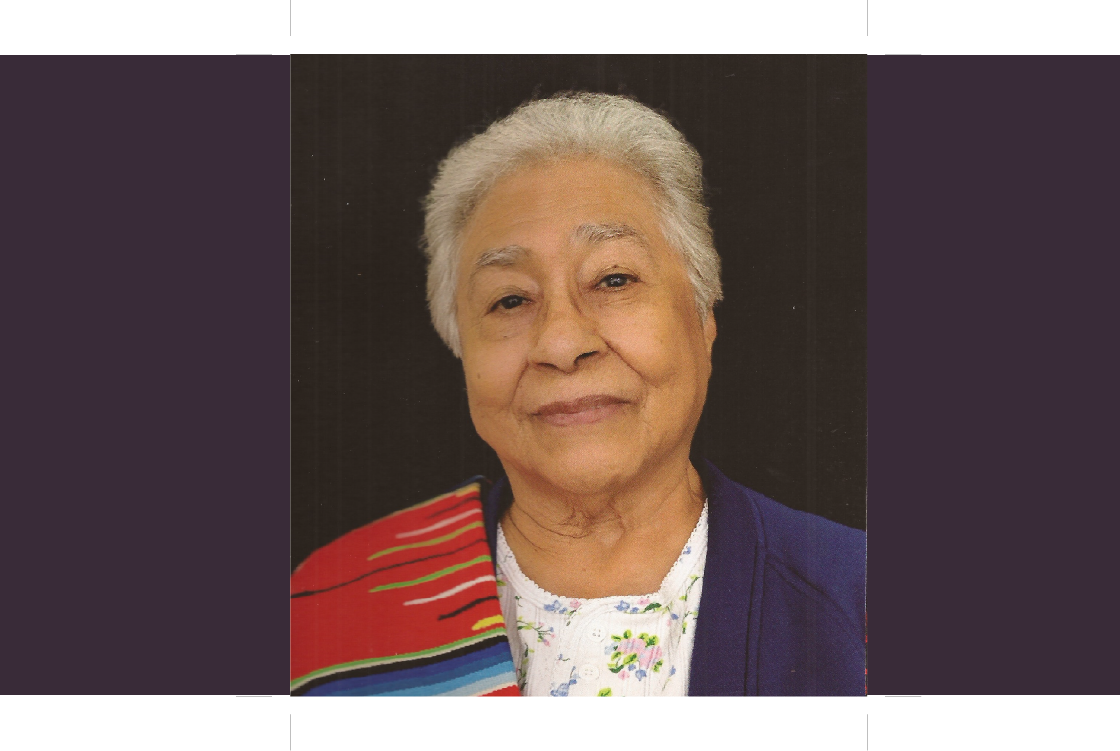My parents were Mexican immigrants. They settled in Wyoming, where my father worked for the railroad, and then moved out West with their three children, looking for warmer weather. In photos before my time, my father had a big moustache that dripped with icicles in the winter. In California, he also worked for the railroad, and we lived in railroad housing until I was nine years old. I entered the Sisters of the Holy Family when I was 24. I am 89 now.
I became aware of On Lok when they first came to our mother house in Fremont. I was intrigued by all the activities they had available but too young to join On Lok PACE then; I became a participant in 2013.
It is great for us Sisters to have the care we need to age in place. If I have difficulty with certain activities, I let my On Lok occupational therapist or physical therapist know, and they create an exercise to alleviate the pain and stiffness in my joints and keep me going. I feel very strong today because of the exercise I have done at On Lok. Without it, I would not be this healthy.
On my missions to Texas, Utah, and Nevada, I worked with Vietnamese, Tongan, Hispanic, and Native American communities. I love to experience other cultures, music, and traditions because through them you learn about people. At On Lok, the activities have been very enriching. I have learned a lot about Chinese and Indian traditions and music, and I love that we celebrate holidays and festivities from every country.
Cultural competency is half the battle in providing good healthcare and staying healthy, and the center staff speak all the languages you can think of—nobody is left out. Our representatives in Congress should come to our On Lok PACE center and see staff and participants from all over the world, together at the table, everyone getting along so well.
Not a day goes by without someone mentioning how grateful they are to have On Lok with us. Whether staff are helping us with exercise or personal care, they are always gracious and helpful to us elders, even when we might be grumpy due to physical pain or feeling alone. During the pandemic, they always called us on the phone, sent us care packages and activities to do, articles and tips on our healthcare or how to ask for help if were confronted with a hate crime. They kept us alive, and they kept us going. They never let us down. And when they leave the organization or are transferred, we wonder about them. We never forget them because they have been a vital part of our lives–they are like our extended family.
In the photo, Sister Andrea Rangel.
